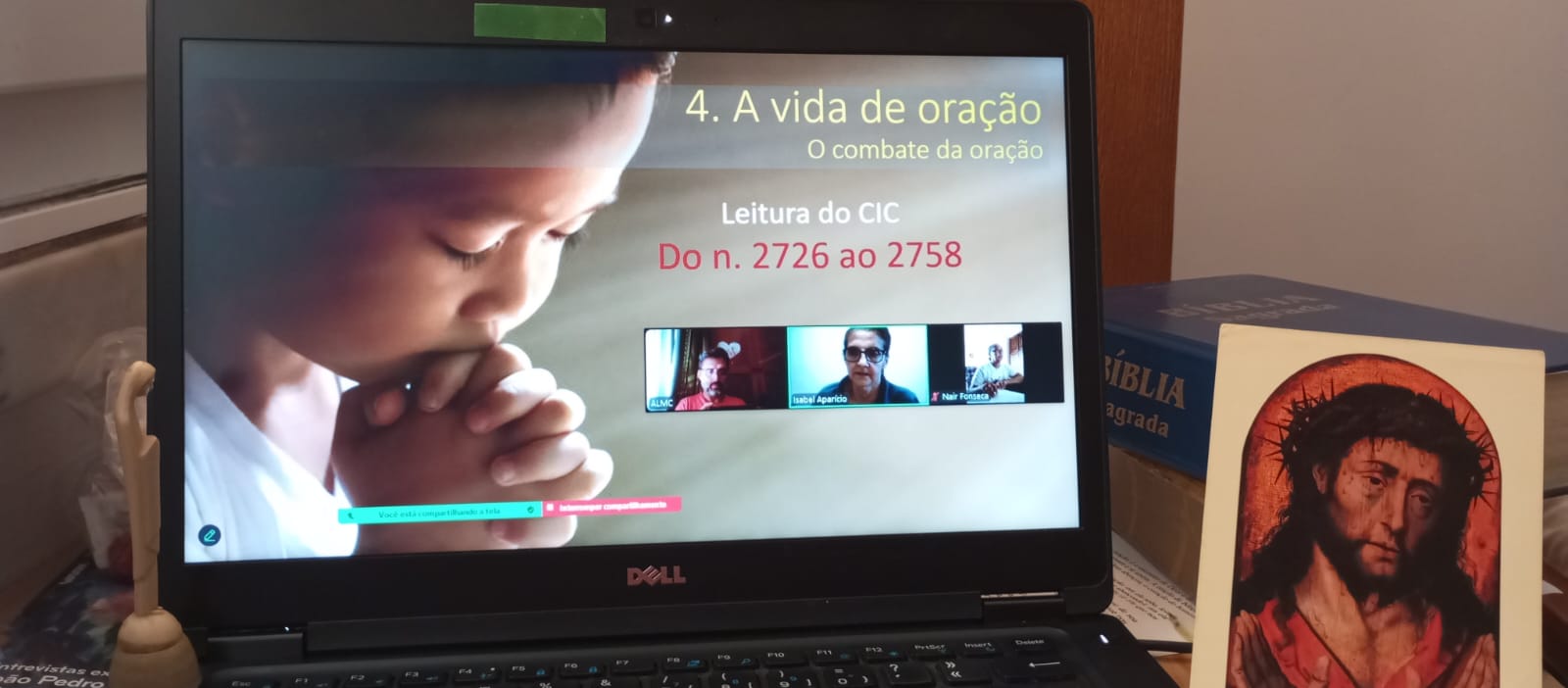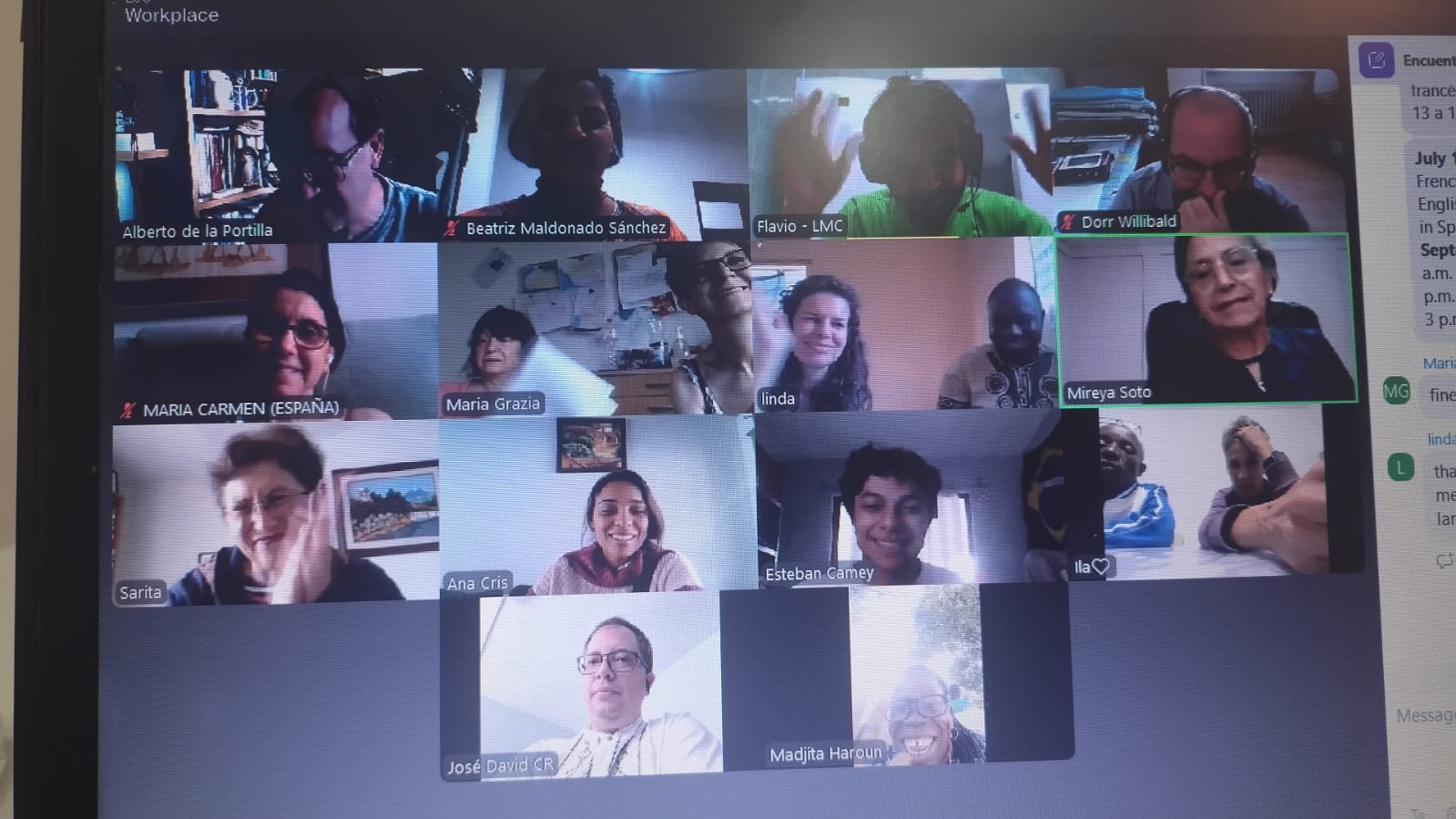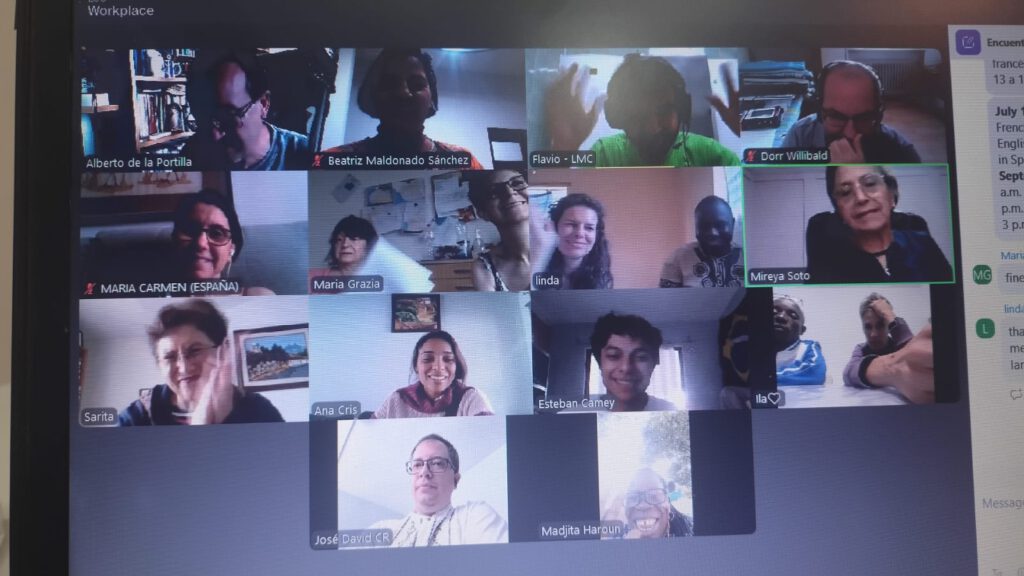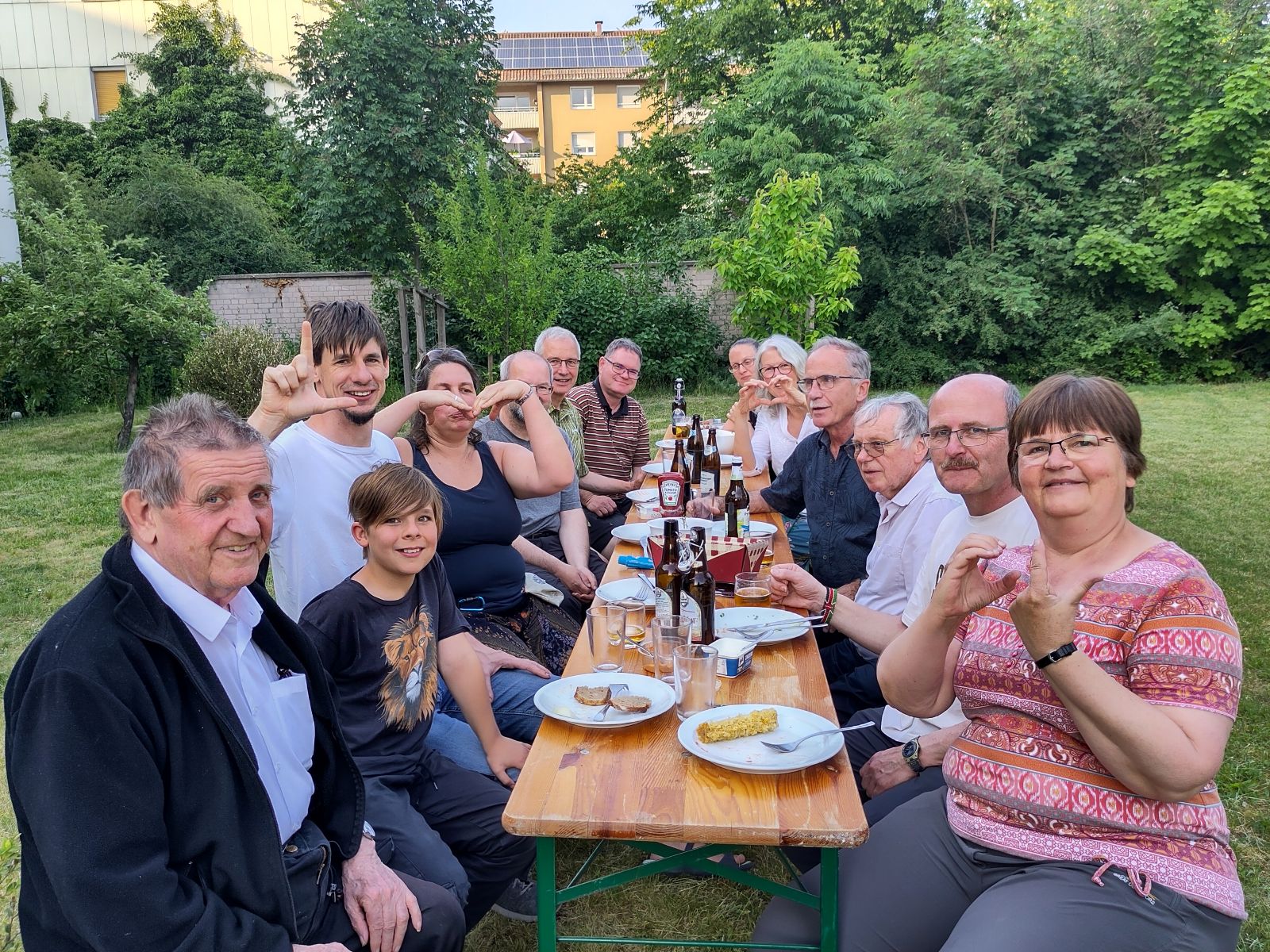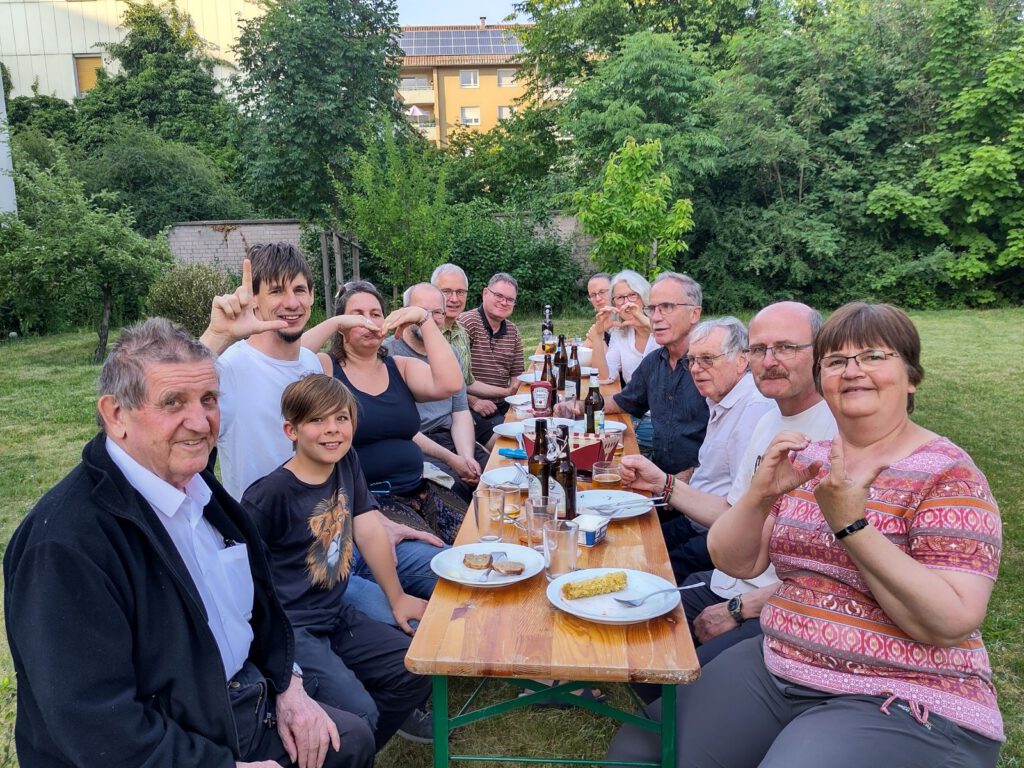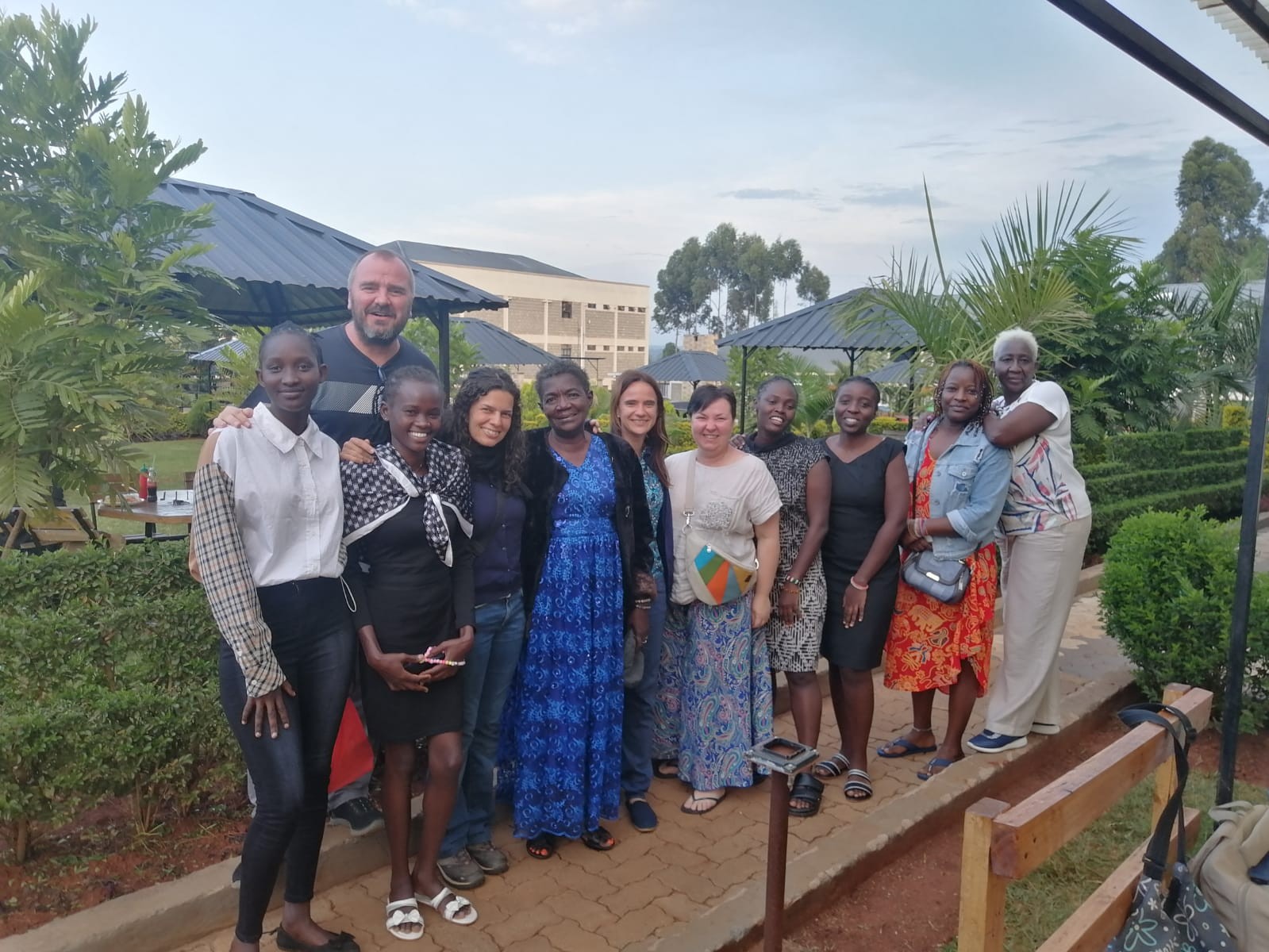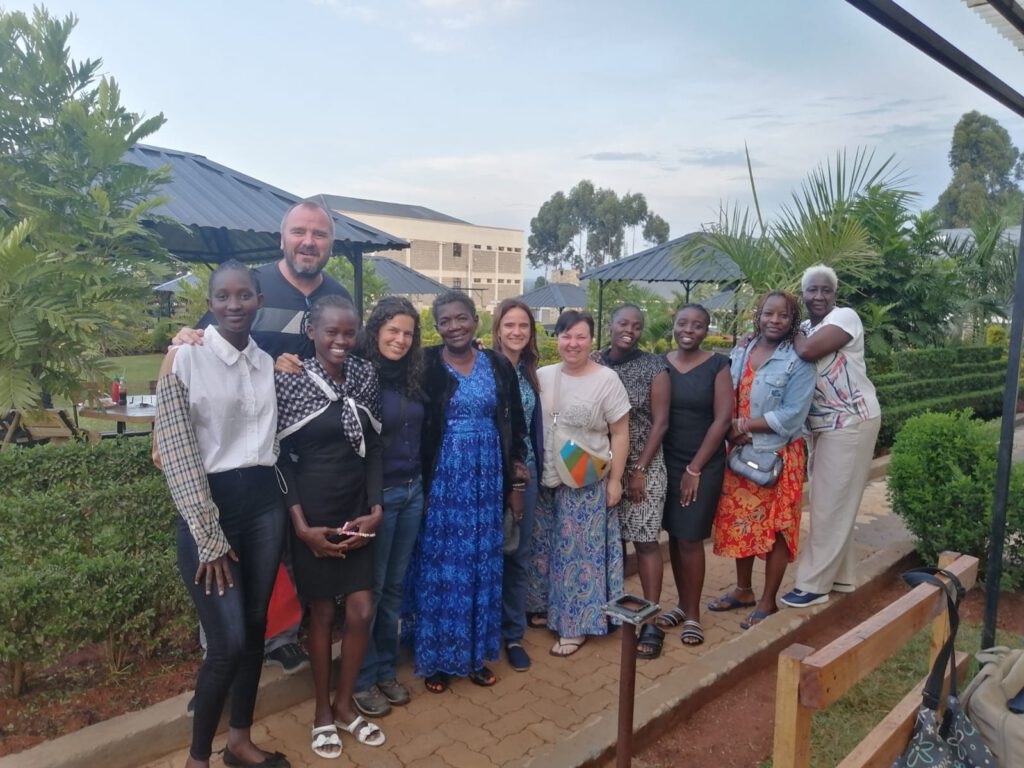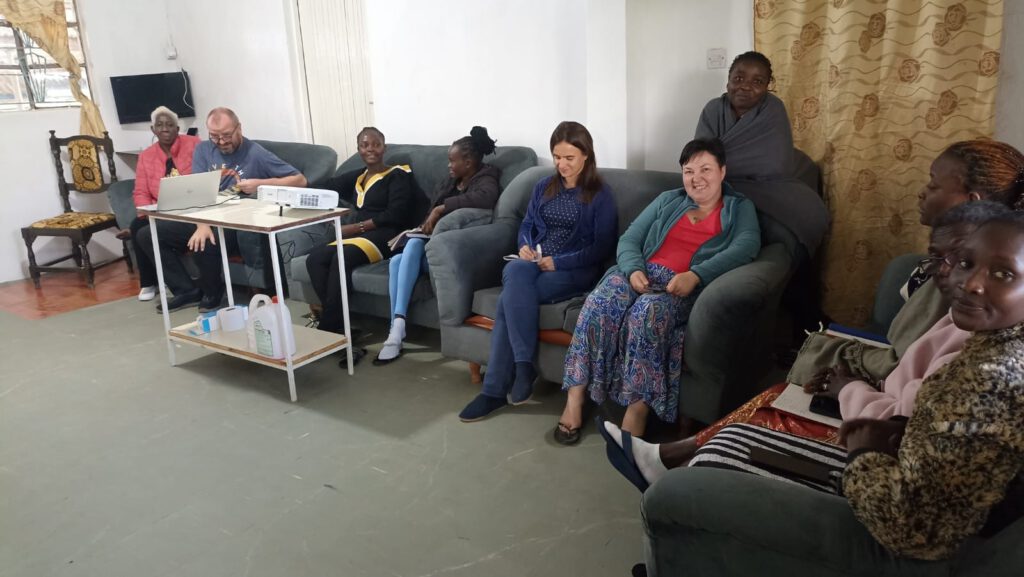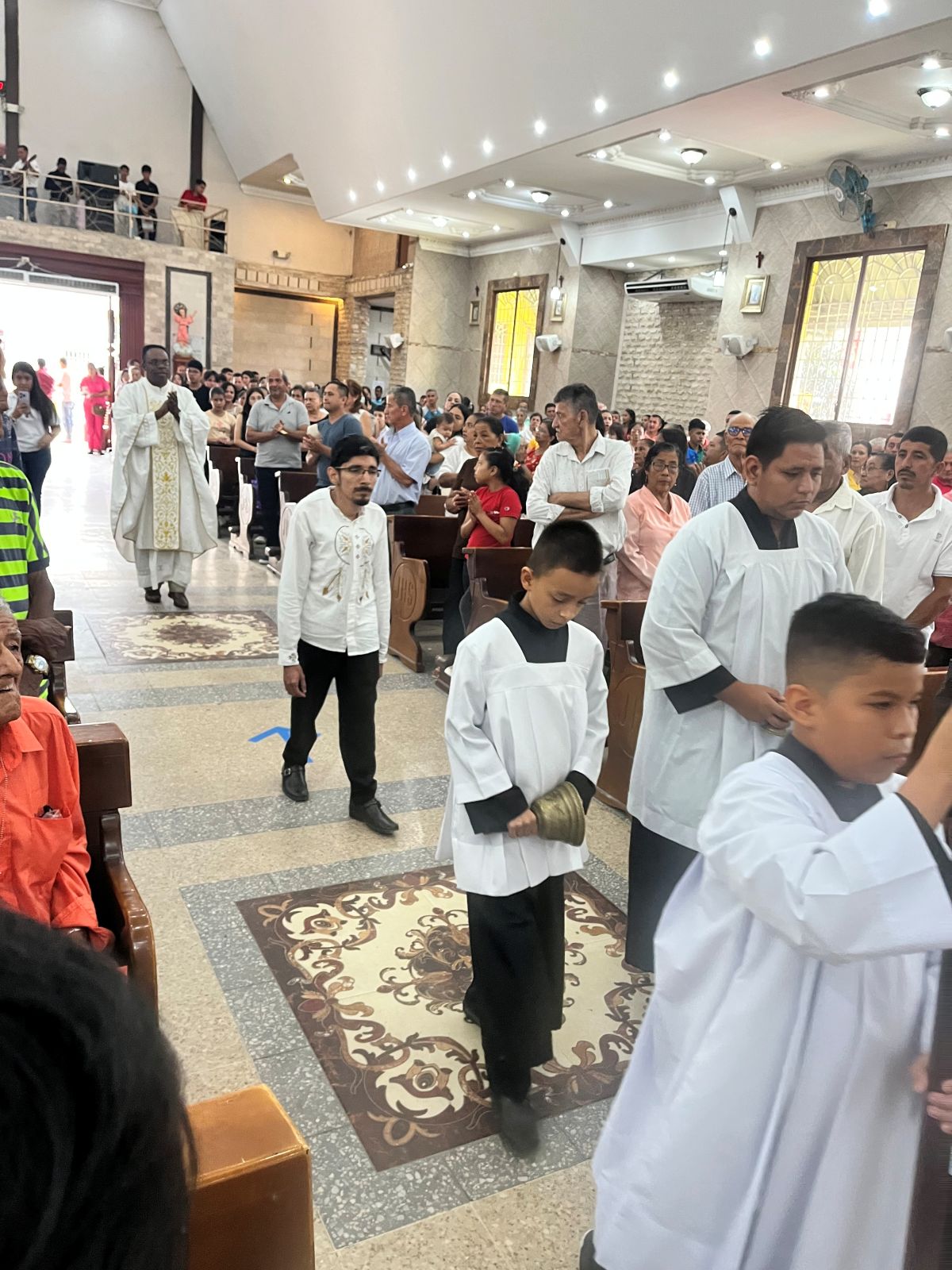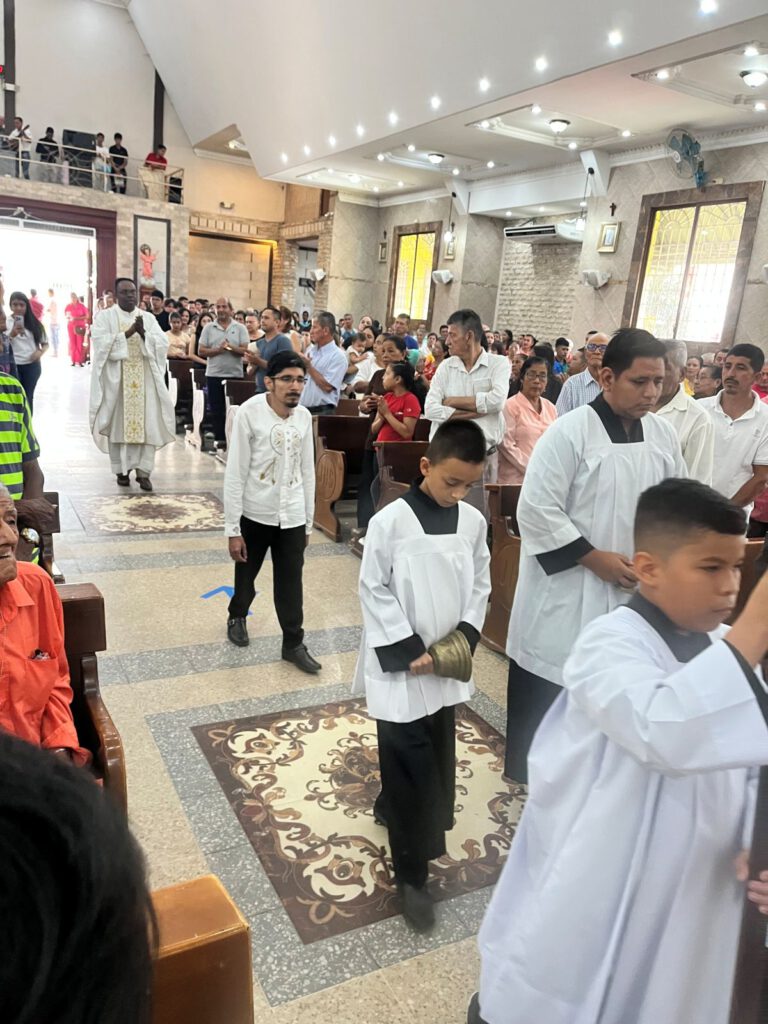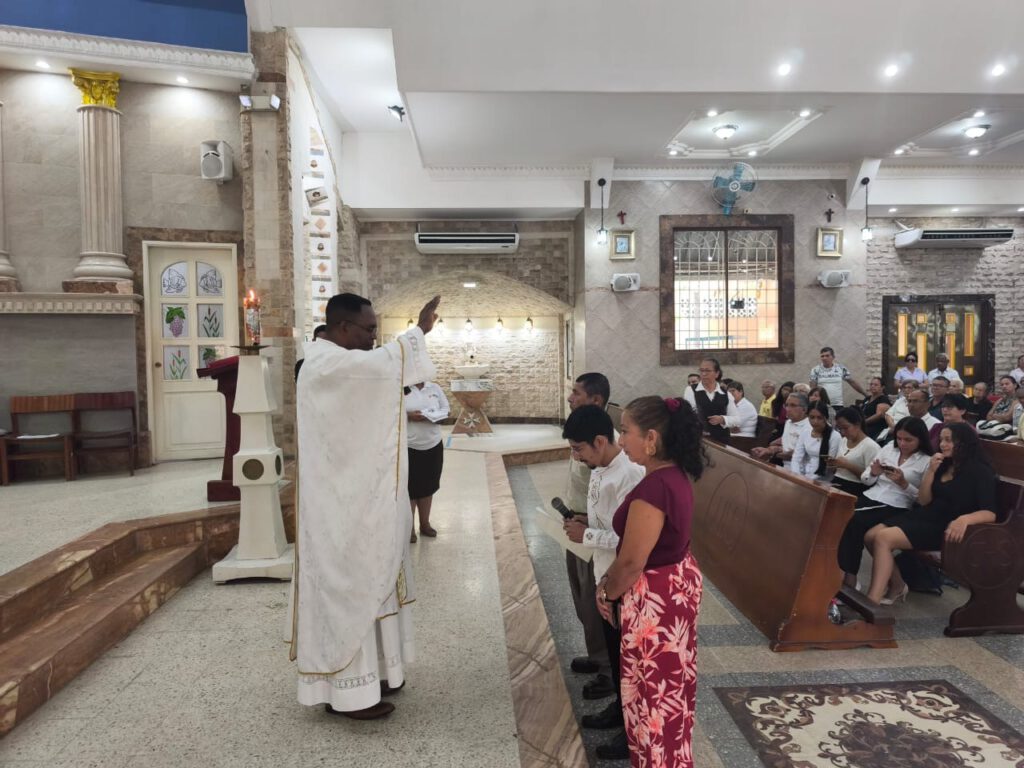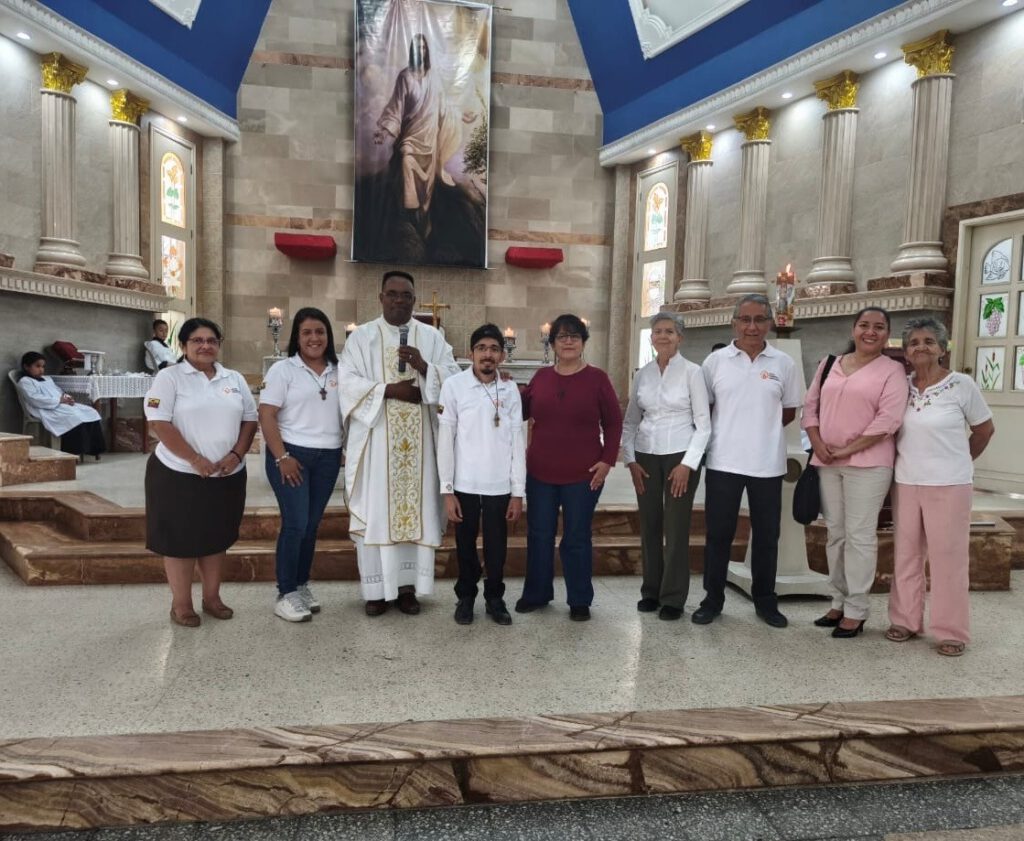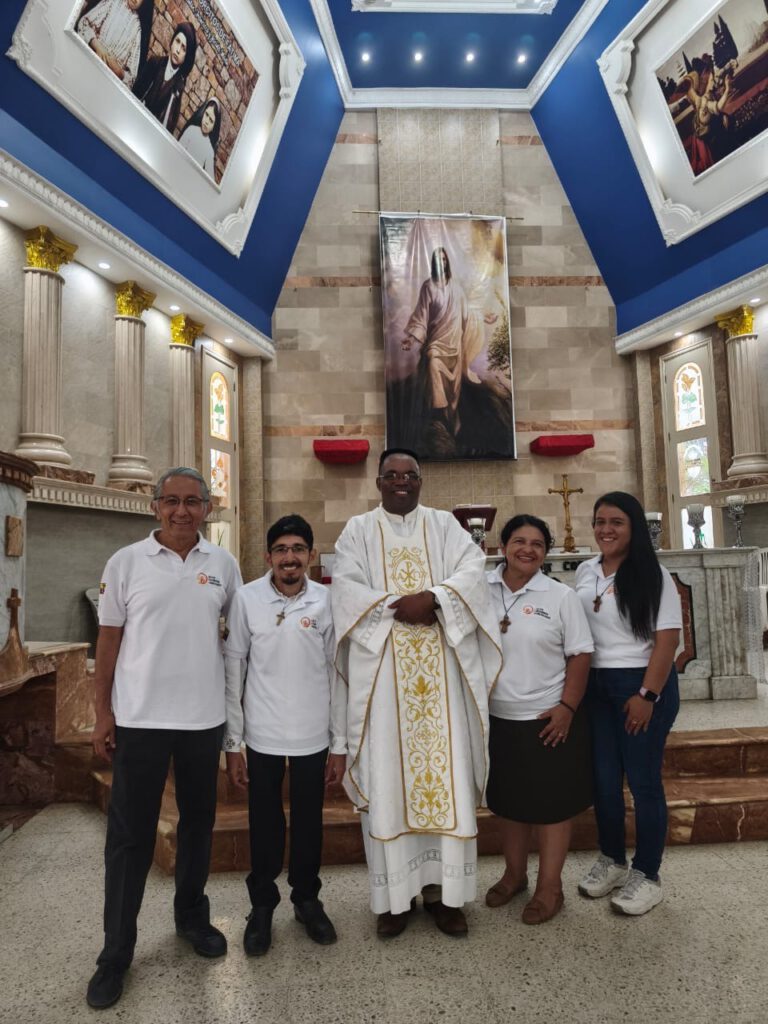We have concluded the initial training meeting for Comboni Lay Missionaries: It is through prayer that we understand each other.
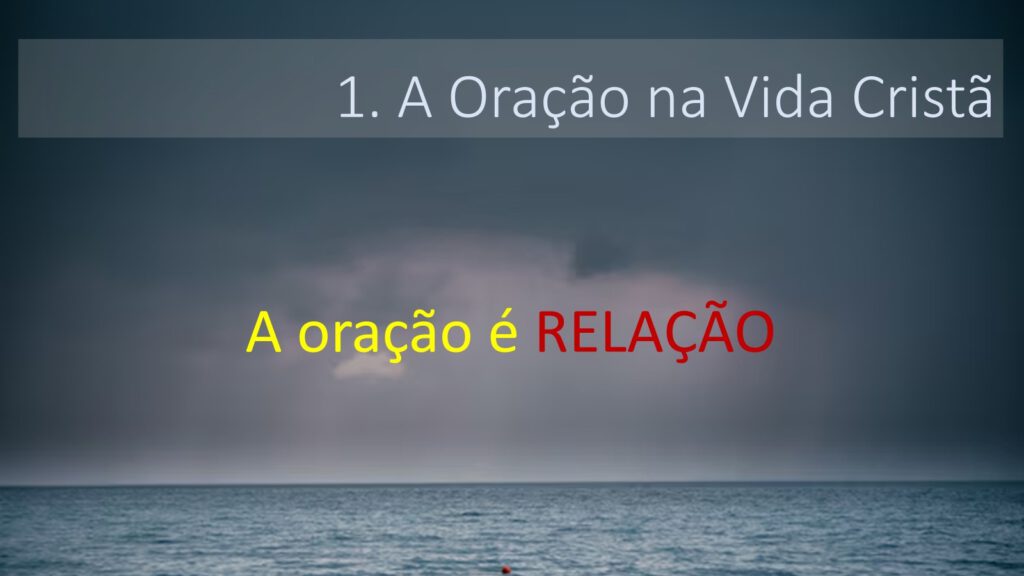
The meeting was held online, and our dear trainees, Isabel and Nair, participated.
This formation turned out to be very rich and beautiful, at least for me (who thought I already knew something about prayer). I hope it was just as or even more beneficial for our trainees who were kind enough to accompany me throughout the weekend.
Because God is always the one who takes the initiative first and humankind has always been searching for God, we began by reflecting on the revelation of prayer throughout the history of salvation, passing through the Old Testament, the time when Jesus walked with us here on earth, and the time of the Church.
The deepening of humankind’s experience of prayer is evident until we reach Jesus, who reveals the full dimension of this gift.
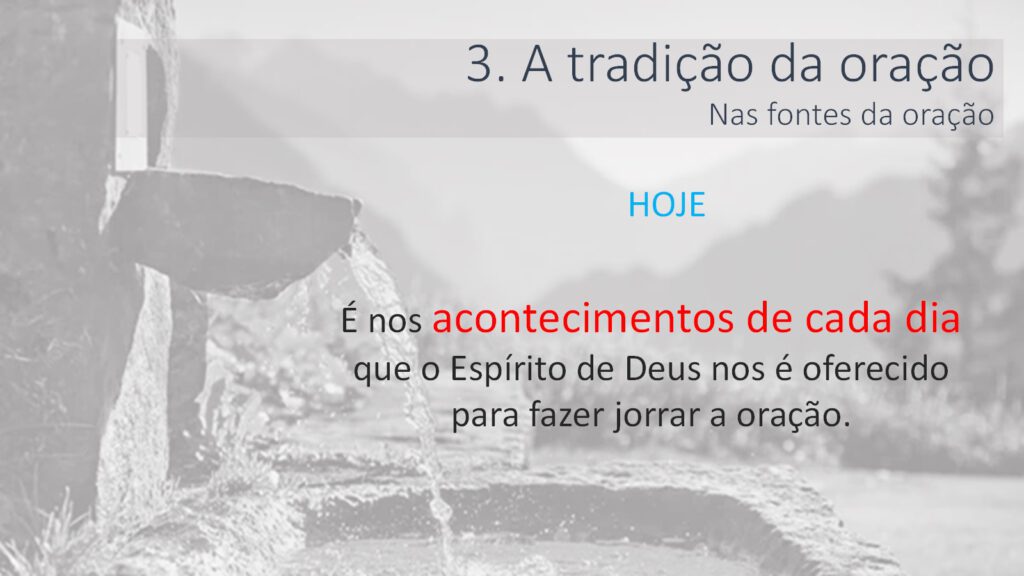
After talking about the sources of prayer, the path, and the guides that lead us through it, we arrive at the life of prayer itself.
Seeking to respond to St. Paul’s challenge to “pray without ceasing” (1 Thessalonians 5:17), we find in the Church specific and concrete community proposals that will allow us to nurture rhythms of continuous prayer.
We reflect on the differences and importance of vocal prayer, meditation, and mental prayer.
In this last degree of prayer, we had contact with the master of prayer, St. Teresa of Avila, and the degrees of prayer she proposes, making a comparison with four ways of watering a garden.
In this analysis, it is clear that God is not at all a passive subject in this relationship. In fact, the highest levels of prayer depend solely on his will and, in addition to requiring great humility on the part of the person praying, they instill even more humility in them as they realize their unworthiness of the greatness of the graces received.
One thing that strikes us when we devote a little time to these themes is the consistency of the concepts from the time of the Old Testament, through the time of Jesus here on earth, to the current proposals of the Church.
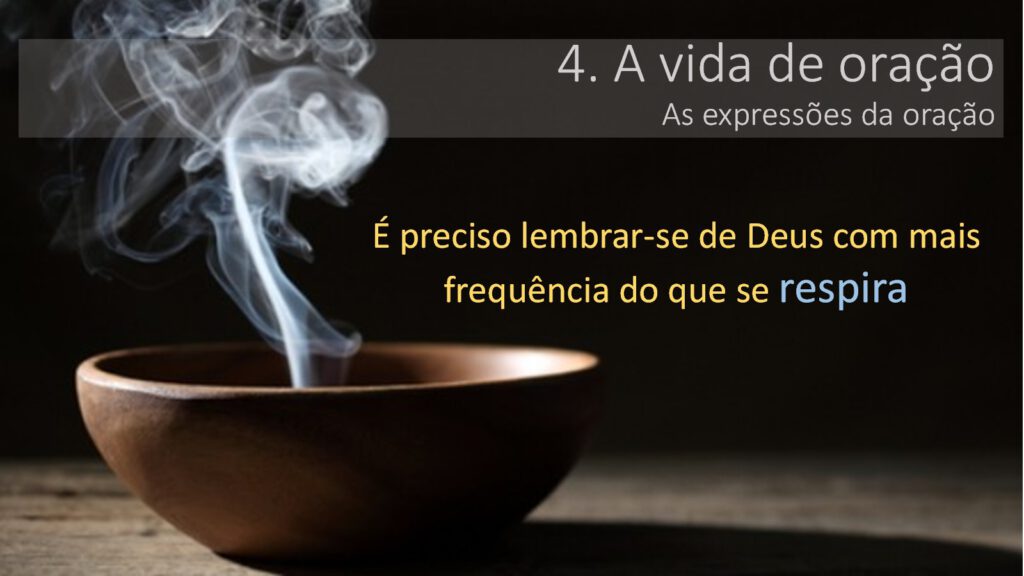
One of the ideas that stands out is the fact that prayer can be seen as a real struggle. Praying requires our effort.
Our ego and the snares of those who seek to lead us away from God are enormous and require great humility and persistence.
This is evident in the prayer life of St. Daniel Comboni, which we meditated on Sunday morning.
In Comboni we find a man of deep prayer, perfectly aware of the fundamental importance of this dimension in the Mission entrusted by God to his Church.
In fact, it was only through prayer that he was able to give meaning to and love the many crosses that arose throughout his missionary life.
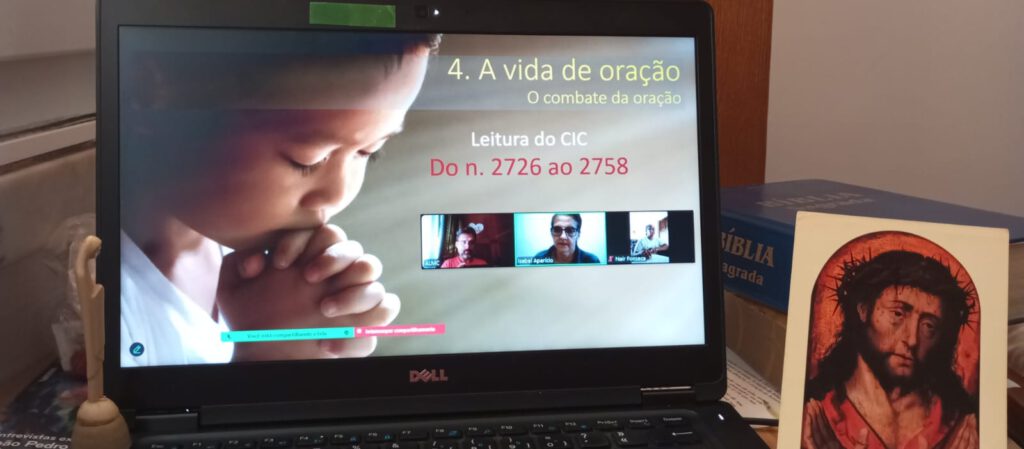
At the end of the meeting, I realized that I have to rethink my prayer life.
As a CLM, I have to pray much more (and better) for vocations and for the means to carry out Jesus’ command that still echoes in our hearts as those who are called: Go into the whole world and proclaim the Good News to every creature. (Mk 16:15)
Pedro Moreira, CLM




